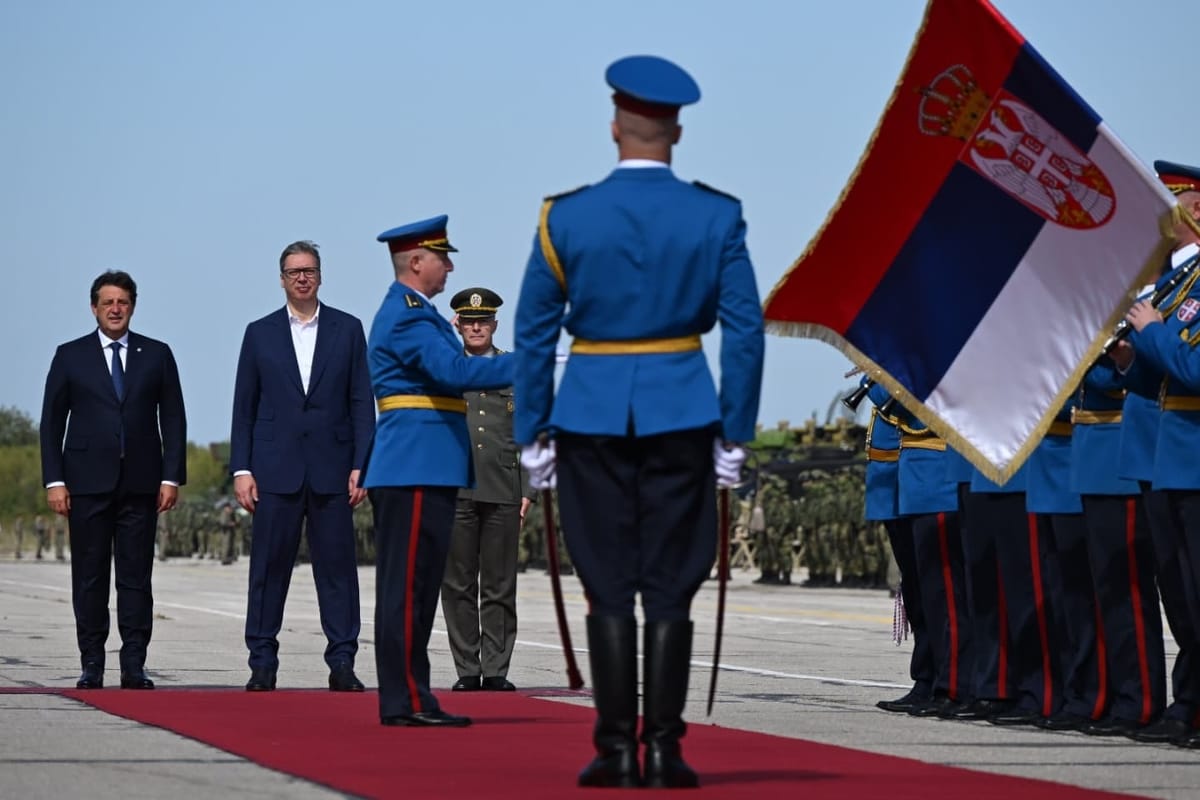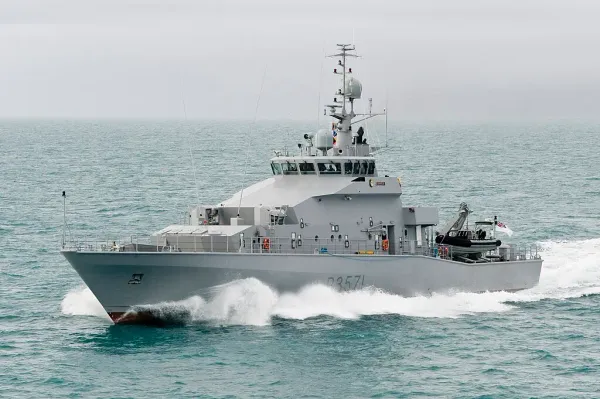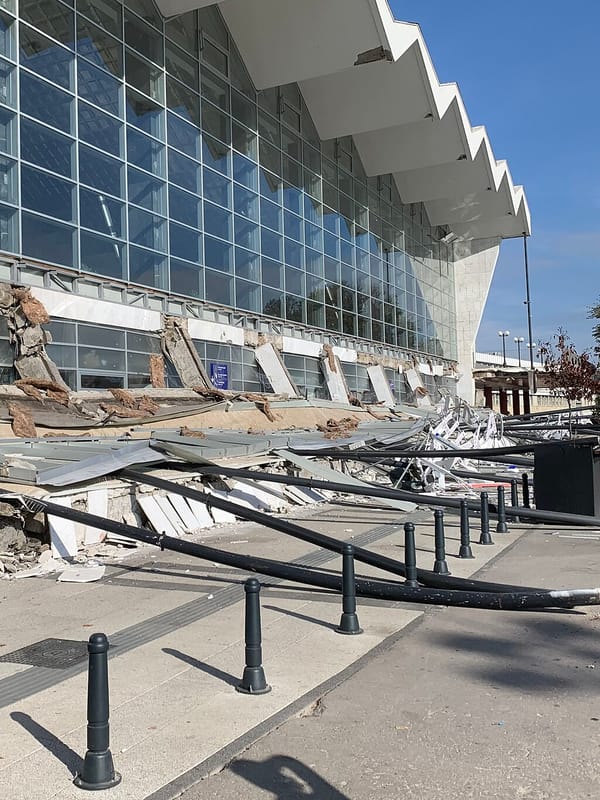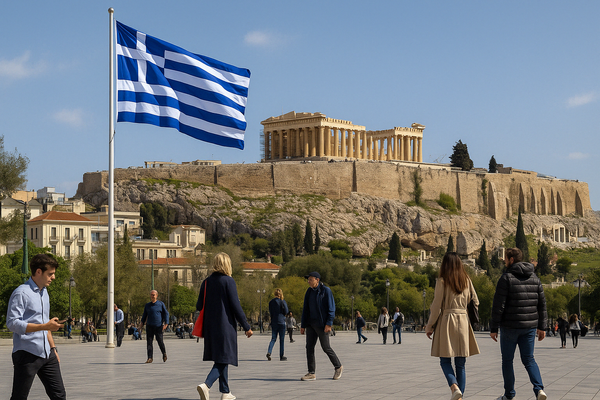
Croatia, Serbia bring back national service
Croatia and Serbia have both announced plans to reintroduce compulsory military service, saying it is necessary to strengthen national defence due to growing regional uncertainties, largely driven by the war in Ukraine.
Croatia moves to meet NATO commitments
Croatian Prime Minister Andrej Plenkovic’s coalition in August announced plans to reintroduce two-months military service, suspended since 2008. The move is seen as part of a broader push to meet defence commitments for NATO, which it joined in 2009, Spanish daily El Pais writes.
Croatian Defence Minister of Ivan Anusic said “the uncertainty brought about by the war in Ukraine and the shifting global defence landscape demand that we take these steps”.
Croatia’s recent military investments, including a EUR 1bn deal to acquire second-hand Rafale fighter jets from France, signal its intention to bolster its defence capabilities. Serbia has followed suit with a EUR 2.7bn order of new Rafales.
Serbian opposition figures decry ‘reckless populism’
Serbian President Aleksandar Vucic’s government will for its part reinstate a 75-day conscription period, which was scrapped in 2011. In September, Vucic said “I hope you all understand how much we need a strong army, how much we need to purchase and manufacture more weapons. We don’t want to attack anyone, nor will we do so. But we want to deter those who threaten us with savage relentnessness every day,” he added.
Serbian opposition figures condemned the move as “reckless populism”. Miroslav Aleksic of the People’s Movement of Serbia also questioned whether a 75-day training period could adequately prepare recruits for military service, especially given the advanced equipment now required.
Analysts’ opinion differ from ‘symbolic’ to ‘practical’
Serbia and Croatia have both framed their reintroduction of national service as “essential” and aligned with broader European military strategies, although from 1991-95 the two countries were at war in the wake of Croatia declaring independence from Socialist Federal Republic of Yugoslavia.
Katarina Djokic from the Stockholm International Peace Research Institute noted that both countries have seen declining interest in voluntary military service, especially since Russia luanched its full-scale land invasion of Ukraine in February 2022. The armies of both Croatia and Serbia have long pressured their governments to boost military recruitment to expand their reservist pools, she recalled.
Jasmin Mujanovic, a researcher at the New Lines Institute, pointed to the steady build-up of arms in both Serbia and Croatia over the past decade, noting that while immediate conflict seems unlikely, these moves contribute to a growing sense of unease across the Balkans, especially for countries such as Bosnia, which endured brutal conflict in the 1990s.
However, analyst Vuk Vuksanovic of the Belgrade Centre for Security Policy said the moves may represent a distraction rather than a serious strategy” he said, underlining to the low salaries and corruption in Serbia’s armed forces, and the logistical difficulties of training new recruits in such a short period.
Regional observer Florian Bieber told El Pais that Serbia’s decision can be seen as a “symbolic gesture to stir up nationalist sentiments”, amidst tensions over Kosovo and Serbia’s backing of Republika Srpska, the Bosnian Serb entity in Bosnia and Herzegovina. “It’s an attempt to remilitarise Serbian society, not just practically but symbolically, by reinforcing ties to the military,” added Bieber, who is a South-East European Studies professor at the University of Graz.





